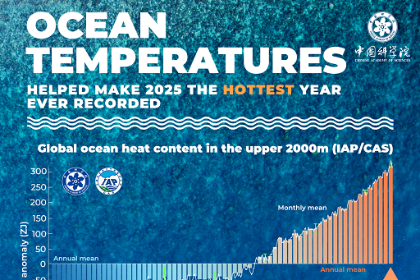Materialism drives student suicides

Sad news about young people killing themselves has repeatedly gripped Hong Kong society, which has seen a spike in student suicides over the past 18 months, including five schoolchildren aged between 13 and 16 taking their own lives between Feb 5 and 21. But perhaps more mind-boggling and heart-rending is the finding of a new survey that as many as 40 percent of our young students are at risk from suicide.
The questionnaire survey, jointly conducted by Caritas Hong Kong and City University of Hong Kong, interviewed 900 Primary 5 to Form 1 students from two primary and four secondary schools in September and October last year and found that as many as 30 percent of the primary pupils and 40 percent of the high school students surveyed were at risk of committing suicide.
The loss of a life, particularly from a young person, in any single suicide case will always inflict great pain not only on the bereaved family but also on the local community where the family live, and even on society. The new findings about the high prevalence of suicidal tendencies among our youth suggest many families are living with ticking time bombs. The survey has undoubtedly heaped further pressure on society to put in more effort to tackling this problem, which has become a plague in Hong Kong society.
The government, for its part, has taken action in response to the spate of student suicides since September 2015. The Committee on Prevention of Student Suicides was formed in March last year to find out the causes of, and create cures for, youth suicides. It submitted a final report to the Education Bureau in November last year, which recommends various strategies including strengthening support for schools and students, enhancing support for families, strengthening the roles of traditional and social media, and promoting multiple articulation pathways.
Laudable as these efforts are, they are only good enough to treat the symptoms of youth suicides but not the root cause - persistent and unbearable stress. This stress essentially comes from students' own ardent desire, as well as parents' high expectations, for academic excellence and therefore good career prospects. Such desires and expectations stem mainly from the ever-rising materialism in society at large. Gripped by rampant materialism, people have long attached too much importance to material things, or worldly successes and achievements, such as earnings, properties and social status. Unless the members of society realize our true problem - the existence of rampant materialism - and strive to restore a healthy balance between material life and spirituality, we will continue to be trapped in a downward spiral of stress, frustration, depression, desperation and the worst - suicide.
(HK Edition 05/17/2017 page8)
Today's Top News
- Xi's message on China-Africa exchanges draws warm responses
- China's CPI up 0.8% in Dec
- Report slams Tokyo's nuclear weapon aims
- Nation's crime rate touched record low last year
- Nation's space program records stellar year of firsts
- Top Party leadership hears series of annual work reports






























